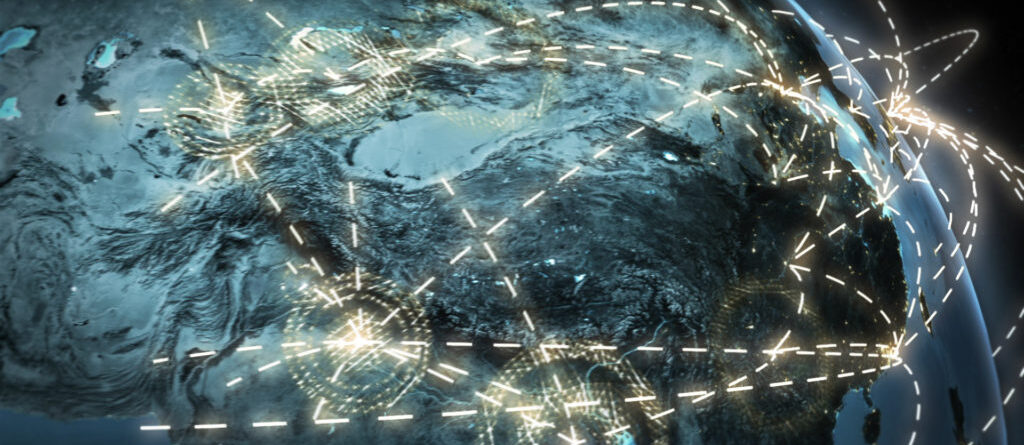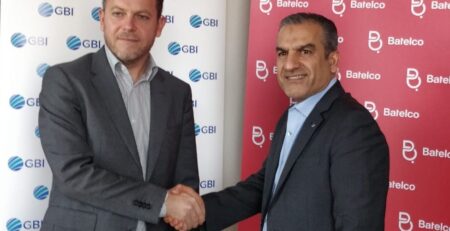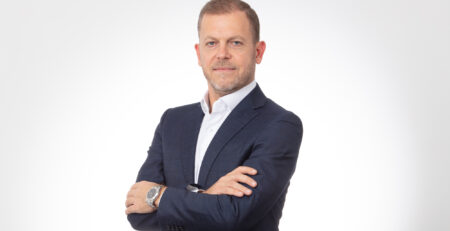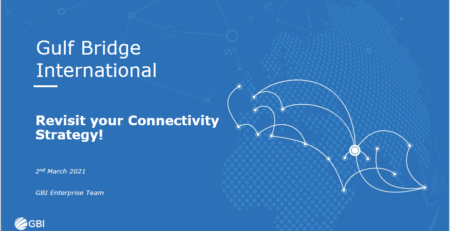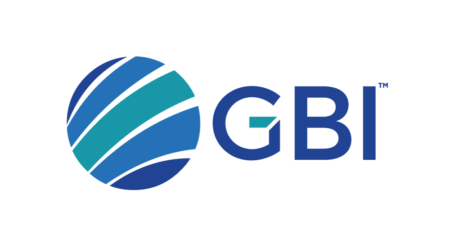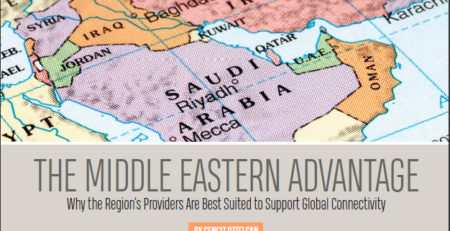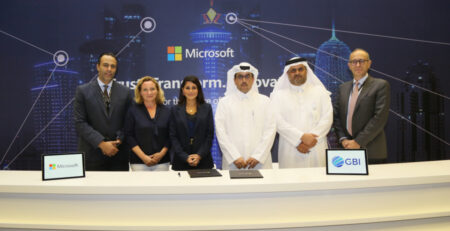From the depths, (digital) success: GBI CEO Cengiz Oztelcan on how subsea cables can empower communities
Ben Mack, CommsMEA
July 30, 2019
The deep, dark and forbidden depths of the sea – where freezing temperatures and tremendous pressure combine to crush almost any trespassers as if by an occult hand in one of the most inhospitable environments on earth – are our future.
And not in a metaphorical, humanity is doomed sort of way, either. At least, not if you talk to Cengiz Oztelcan. The CEO of Gulf Bridge International (GBI) sees the sea as a great opportunity for connecting the globe – after all, that’s why the company has been busy laying undersea cables the world over to bring us all a bit closer together and speed up the sharing of information.
“I joined GBI late last year, and since then, we have focused on transforming our company on all fronts, starting from the organisation reaching out to full network optimisation,” he says.
“All our transformational efforts have one common ingredient, which is customer-centricity. We believe that we need to go above and beyond and focus on enabling exceptional end-to-end user experiences. It is a new era for GBI.”
Oztelcan is a whole lot more than just talk, too. “One of GBI’s most vital value propositions was the ability to provide multiple alternative routes from the Middle East to Europe, be it the traditional Red Sea submarine route or the routes through the north that combine submarine and terrestrial networks,” he says.
“On the product side, we have launched our SD-WAN solution across our GBI Smart Network in partnership with Nokia. This enables us to connect enterprises from East to West via the Middle East with a solid and on-demand infrastructure. The SD-WAN market is set to grow with a compound annual growth rate (CAGR) of 40% over the next five years, according to IDC. This is a big step forward for the Middle East enterprise market, and we are sure that as the service becomes more mature, customer demand will increase and we are preparing ourselves to meet that demand as of today.”
Ok, so they’ve laid heaps of cable and launched new products and services. But so, too, have the likes of Facebook and Amazon of late, threatening cable companies’ traditional business and revenue streams.
Yet rather than viewing the efforts of Jeff Bezos, Mark Zuckerberg, et al as competition to be defeated, Oztelcan says it’s an opportunity for partnership.
“I still believe that there are many areas of cooperation with the OTTs that go beyond just submarine cables and capacity,” he says.
“We will continue to partner with them in their journey to expand into the region and make sure that at the end it is the end-user who benefits from their presence.
“We’re here to shape the way the users experience content, utilise the cloud and the new era of communications. Whoever contributes to this vision will be a welcomed partner to us. This also reaffirms the importance of subsea cable systems to the global economy and more importantly shows how the digital world is enabled with the use of these assets.”
He continues on the importance of cables to keeping the world’s economy going – and enabling future growth everywhere the seas touch, including the Middle East.
“The digital future of the Middle East depends on reliable, scalable and diverse subsea cable systems. Before GBI launched more than a decade ago, the Middle East market was underserved with capacity, and that had a direct impact on innovation in the region. We are committed to make a significant contribution to the development of the region and improve the competitiveness of the businesses as well as the well-being of the people.”

